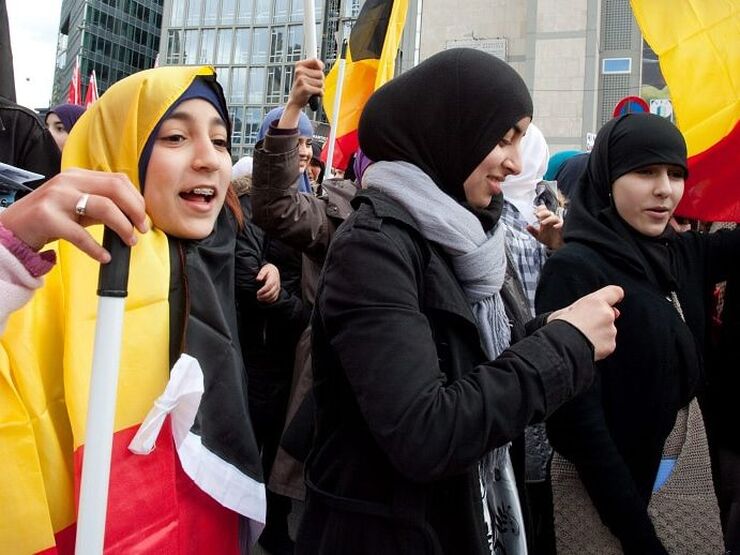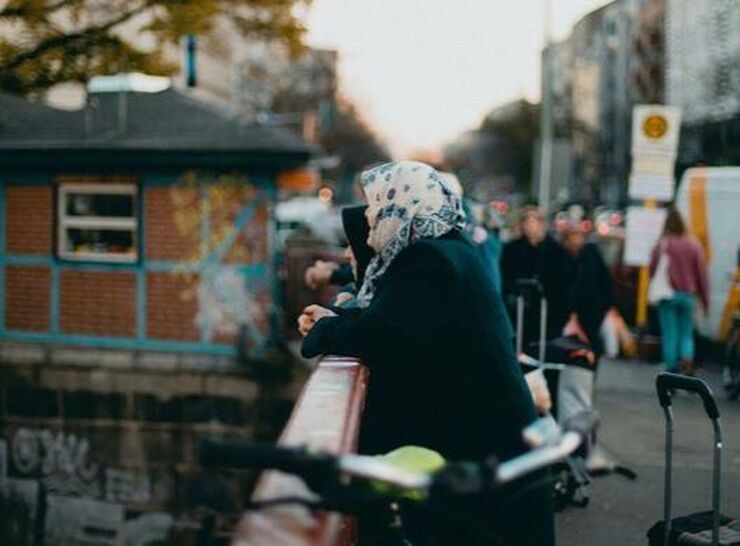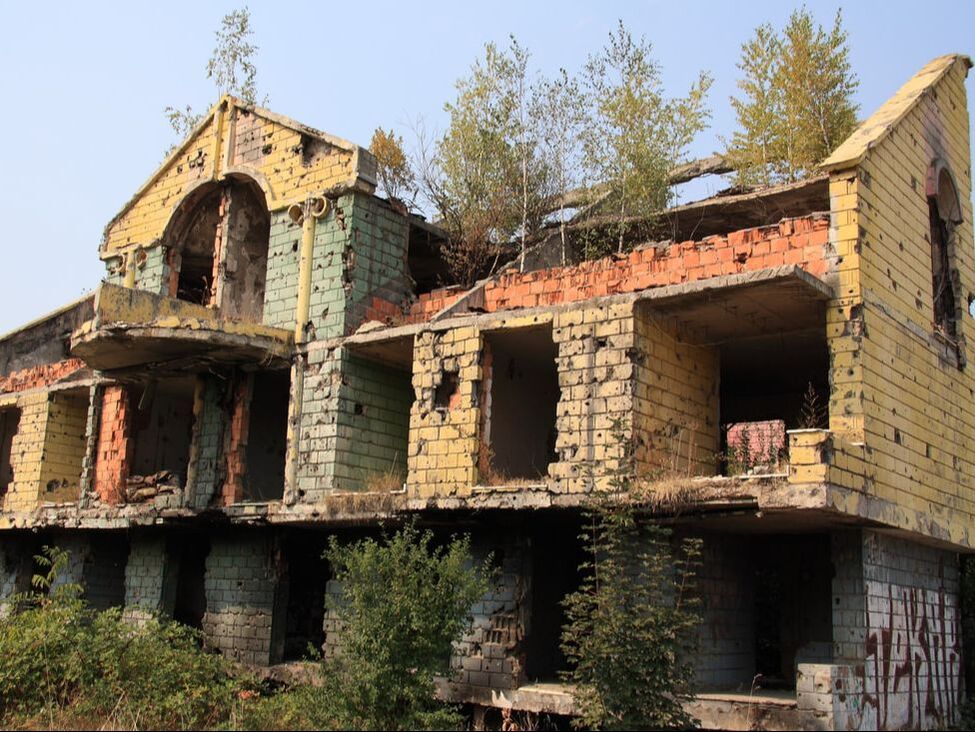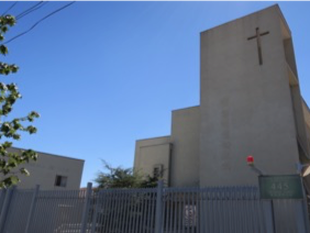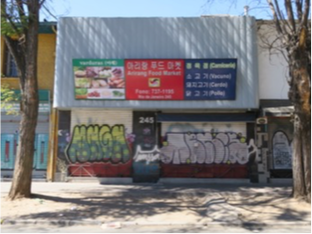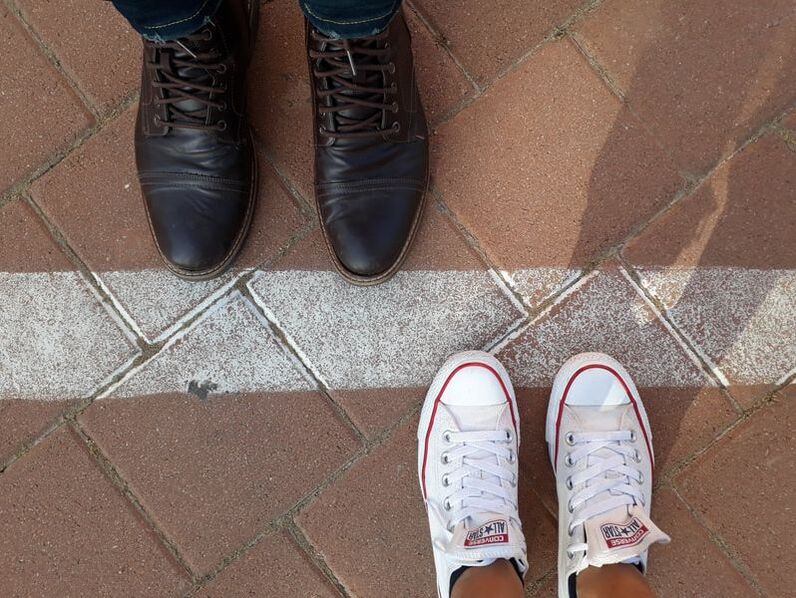|
|
|
In 2018, the research department of Awel, a Flemish civil society organization, published a report on the impact of the late terrorist attacks in Europe on the identity formation of minority youth. The report, based on testimonials, revealed that some Muslim children try to hide their ethno-religious background out of fear of being verbally attacked. Some even wish to ‘unbecome’ Moroccan or Muslim to respond to Islamophobia.
The largest ethnic minority group in Belgium originates from Morocco. This primarily Muslim group is indeed strongly stigmatized, even more so since 9/11. It is argued that terrorist attacks increase Islamophobic or anti-Muslim sentiments, which hence also impacts the well-being of Muslim children living in Flanders. The findings of the research report nevertheless did not receive as much public and political attention as deserved. Yet, ethnic minority citizens’ identity formation has long been a subject of political interest, especially since many politicians across the spectrum propose that minorities, and particularly Muslims, do not identify as Belgian.
0 Comments
The fact that some second-generation immigrants were involved in the brutal terror attacks in major European cities such as in Paris in 2015 and Brussels and Munich in 2016 exacerbated xenophobia among politicians and the broad public. These terrible incidents increased scholarly interest in the integration of second-generation immigrants further, and heightened anti-immigrant and anti-Islamic sentiments across Europe and far-right.
In addition to the terror attacks, economic restructuring and growing poverty amongst the working-class have also resulted in the rise of far-right in Germany. This has become visible with the Patriotic Europeans against the Islamisation of the West (PEGIDA) movement and strengthening of the Alternative For Germany (AFD). In this regard, the host society often tends to relate the Turkish second generation's social and economic disintegration to marginalisation and ‘Islamisation’. In such a context, studying the stigmatisation of ethnic minorities and immigrant groups reveals discrimination, stratification and ethnic boundaries. Along similar lines, the destigmatisation strategies of minorities, how they respond to the majority to maintain their dignity, achieve recognition and invest in their integration, are equally revealing. My Identities article, 'Disadvantaged, but morally superior: ethnic boundary making strategies of second-generation Turkish immigrant youth in Germany', examines how social, political and structural changes in Germany increase anti-Muslim, anti-immigrant and anti-refugee sentiments. By drawing on in-depth interviews and ethnographic data with twenty second-generation Turkish immigrant youth, the article reveals the kind of stigmatisations Turkish immigrants (the largest Muslim group) face, and, more importantly, how they deal with these stigmatisations in their daily lives.
A key scene in Danis Tanović’s Academy Award-winning film No Man’s Land (2001) features two soldiers, a Bosnian Muslim (a Bosniak) and a Bosnian Serb, who have gotten stuck in a trench during the 1990s Bosnian War. In their joint effort to escape from this unfortunate situation, they draw closer; they talk about their prewar lives and recognise that they have many things in common, even some common acquaintances. However, it comes as no surprise when, in the firestorm of bombshells, the question arises of who is responsible for the destruction of Yugoslavia, of their lives as they were before the murder and devastation. The two soldiers start to swap accusations until the armed Bosniak points his weapon at his opponent and asks one last time: ‘Who started the war?’
Around the world, conflicting parties engage in self-exculpation and self-victimisation – from Bosnia-Herzegovina to Sri Lanka, from Northern Ireland to South Africa, not to mention the Middle East. Denying one’s own responsibility and guilt and the fight over one’s own victim status seems to be a constitutive part of many conflicts and postwar situations. As socio-psychological and sociological research show, self-victimisation is accompanied by several advantages. It not only contributes to a stabilisation of group boundaries by fostering internal cohesion and outward demarcation, but also promotes feelings of moral superiority. Hence, self-victimisation is politically beneficial and a suitable tool for protecting one’s own we-ideal and with it one’s own I-ideal in the context of collective violence. It is the chosen mean to restore those facets of identity, which have potentially been corrupted or injured by the collective violence. But what happens when people are confronted with conflicting perspectives of reality, with perspectives according to which the respective ethnic in-group is not to be considered only as victim of war but also – or even exclusively – as perpetrator?
Patronato is a well-known commercial neighbourhood in Santiago, Chile with a tradition of migrants’ settlement and entrepreneurship that dates back to the nineteenth century. Today, the area is branded as a textile and vibrant ‘multicultural commercial neighbourhood’, as read in several street signs. Traders and workers’ ancestries include Chilean, Korean, Chinese, Indian, Peruvian, Palestinian, Syrian, Haitian, Colombia and Venezuelan, among many others. Yet, despite its growing diversity, Patronato is often described (in the media, films and popular narratives) as a Palestinian-Korean neighbourhood.
In our Identities article, ‘Contested and interdependent appropriation of space in a multicultural commercial neighbourhood of Santiago, Chile’, we analyse memories, images and uses of space by entrepreneurs of Korean and Palestinian ancestry, as well as their competing and reciprocal appropriation of space. Through processes of social production and construction of space (Low 2017), we examine their experiences of making, inhabiting and appropriating space, in relation to the transformations of the political economy.
By the 1980s a significant shift occurred in the ethnic composition of the Israeli middle class. This was the result of social and cultural changes in the Israeli society. The weakening of the Labour party, identified with European immigrants (Ashkenazim), and the rise of the right-wing Likud party, supported by Middle East and North Western Jews (Mizrahim), lowered ethnic boundaries in the labour market.
As I explore in my Identities article, ‘Invisible boundaries within the middle class and the construction of ethnic identity’, the transition from a centralised to a capitalist economy, together with the incorporation of Palestinians into the Israeli labour structure in 1967, released Mizrahi Jews from their low-status rank and enabled them to develop self-employed small businesses. A significant growth of local colleges throughout Israel in the 1990s enabled Mizrahi Jews who were not admitted to the universities to acquire higher education. |
|
Explore Identities at tandfonline.com/GIDE |
|
The views and opinions expressed on The Identities Blog are solely those of the original blog post authors, and not of the journal, Taylor & Francis Group or the University of Glasgow.
